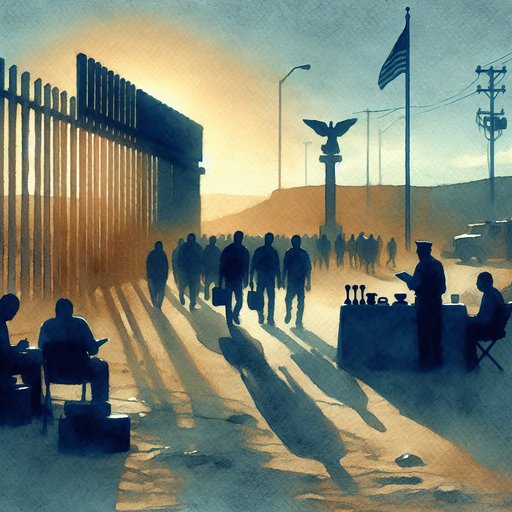
A wave of pro-democracy protests and political tensions has swept across multiple continents, highlighting growing concerns about democratic institutions and human rights. In India, opposition leaders are challenging alleged voter list manipulation, while in Washington DC, protesters are opposing what they view as an unprecedented federal takeover of local law enforcement. These events reflect a broader pattern of citizens worldwide standing up for democratic principles and transparency in governance.

In a significant diplomatic move, Australia's Labor government has announced plans to formally recognize Palestinian statehood at the upcoming UN General Assembly [1]. This decision marks a notable shift in Australia's Middle East policy and has intensified the ideological divide in international relations regarding the Israeli-Palestinian conflict.

As nations grapple with climate policy decisions, new economic analysis reveals compelling financial incentives for businesses to embrace climate action. A comprehensive study by CDP shows companies can expect returns of up to $21 for every dollar invested in climate initiatives, with total opportunities valued at $4.4 trillion [1].

A high-stakes diplomatic meeting between former U.S. President Donald Trump and Russian President Vladimir Putin is set to take place in Alaska, amid ongoing drone warfare between Russia and Ukraine. The summit comes at a critical time as Russia faces mounting economic pressures from Western sanctions and declining oil revenues [1].

In a significant diplomatic development, NATO Secretary General Mark Rutte has provided insight into the upcoming summit between U.S. President Donald Trump and Russian President Vladimir Putin, characterizing it as an opportunity for "testing Putin" [1]. The statement comes at a crucial time for international security relations and reflects NATO's strategic approach to diplomatic engagement with Russia.

A series of dramatic protests have erupted worldwide this week, highlighting the growing international tension surrounding the Israel-Gaza conflict. While thousands marched through London in competing demonstrations, significant protests also emerged within Israel itself, where citizens voiced opposition to government plans for expanding military operations in Gaza [1].

In a concerning development for asylum seekers across the United States, numerous immigrants who believed they were following proper procedures have recently received notifications that their asylum cases must be restarted from the beginning. [1] reports that dozens of cases are affected by this unexpected administrative reset, creating additional uncertainty for those seeking protection in the United States.

In a decisive stance ahead of crucial peace negotiations, Ukrainian President Volodymyr Zelenskyy has categorically ruled out surrendering any territory to Russia [1]. The declaration comes as international leaders prepare for a significant diplomatic gathering to discuss potential ceasefire arrangements in the ongoing conflict.

A groundbreaking initiative to protect Oregon residents from wildfire risks has been derailed amid intense political controversy, highlighting the growing impact of ideological divisions on public safety policy. The state's attempt to implement a comprehensive wildfire risk mapping system faced fierce opposition from right-wing groups who characterized it as government overreach [1].

Tensions have escalated in Bosnia and Herzegovina as Milorad Dodik, president of the Republika Srpska entity, announced plans for a referendum following the Central Election Commission's decision to strip him of his mandate [1]. This latest development marks a significant escalation in the ongoing political crisis within the country's complex federal structure.
























